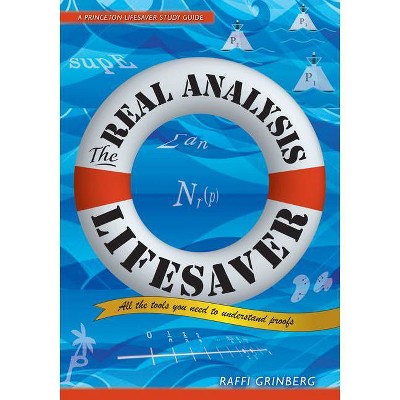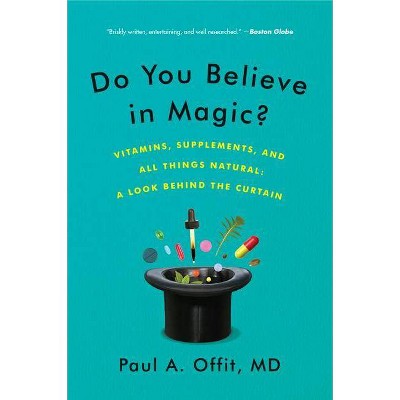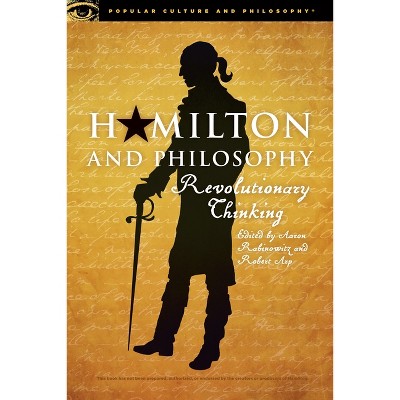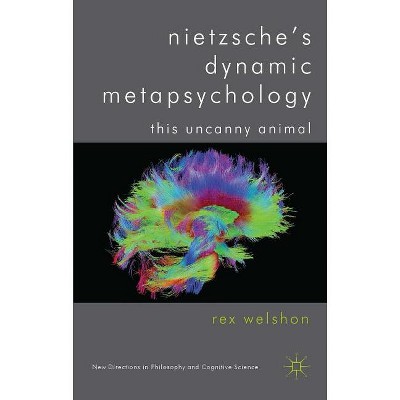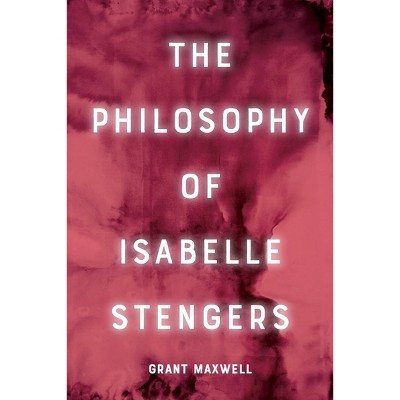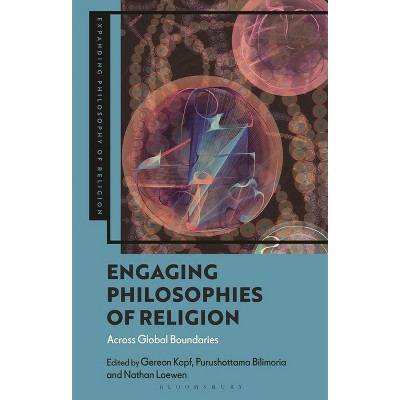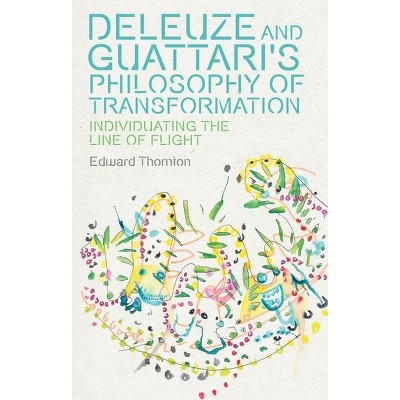Sponsored

Philosophies of Nature After Schelling - (Transversals: New Directions in Philosophy) by Iain Hamilton Grant (Paperback)
$58.99
In Stock
Eligible for registries and wish lists
Sponsored
About this item
Highlights
- The whole of modern European philosophy', wrote F.W.J. Schelling in 1809, 'has this common deficiency - that nature does not exist for it.
- About the Author: Iain Hamilton Grant is Senior Lecturer in Philosophy at the University of the West of England.
- 246 Pages
- Science, Cosmology
- Series Name: Transversals: New Directions in Philosophy
Description
About the Book
A lucid and crucial account of Schelling's major works in the philosophy of nature, now available in paperback.Book Synopsis
The whole of modern European philosophy', wrote F.W.J. Schelling in 1809, 'has this common deficiency - that nature does not exist for it.' Despite repeated echoes of Schelling's assessment throughout the natural sciences, and despite the philosophy of nature recently proposed but not completed by Gilles Deleuze, Philosophies of Nature After Schelling argues that Schelling's verdict remains accurate two hundred years later. Presenting a lucid account of Schelling's major works in the philosophy of nature alongside those of his scientific contemporaries who pursued and furthered that work, this book does not simply aim to present Schelling's extravagant 'speculative physics' as an historical episode. Rather, Schelling's programme is presented as a viable and necessary corrective both to the rejection of metaphysics and the correlative 'antiphysics' at the ethical heart of contemporary philosophy.Review Quotes
"'Intriguing and ambitious...Philosophies of Nature After Schelling sets a new standard for Schelling scholarship. More than this, it is an important work of philosophy in its own right.' - Radical Philosophy 144 (July/August 2007)" --Radical Philosophy
About the Author
Iain Hamilton Grant is Senior Lecturer in Philosophy at the University of the West of England. He has written widely on post-Kantian European philosophy and is translator of Lyotard's Libidinal Economy and Baudrillard's Symbolic Exchange and Death.Dimensions (Overall): 9.21 Inches (H) x 6.14 Inches (W) x .52 Inches (D)
Weight: .78 Pounds
Suggested Age: 22 Years and Up
Number of Pages: 246
Genre: Science
Sub-Genre: Cosmology
Series Title: Transversals: New Directions in Philosophy
Publisher: Continnuum-3PL
Format: Paperback
Author: Iain Hamilton Grant
Language: English
Street Date: December 23, 2008
TCIN: 1004352689
UPC: 9781847064325
Item Number (DPCI): 247-24-1443
Origin: Made in the USA or Imported
If the item details aren’t accurate or complete, we want to know about it.
Shipping details
Estimated ship dimensions: 0.52 inches length x 6.14 inches width x 9.21 inches height
Estimated ship weight: 0.78 pounds
We regret that this item cannot be shipped to PO Boxes.
This item cannot be shipped to the following locations: American Samoa (see also separate entry under AS), Guam (see also separate entry under GU), Northern Mariana Islands, Puerto Rico (see also separate entry under PR), United States Minor Outlying Islands, Virgin Islands, U.S., APO/FPO
Return details
This item can be returned to any Target store or Target.com.
This item must be returned within 90 days of the date it was purchased in store, shipped, delivered by a Shipt shopper, or made ready for pickup.
See the return policy for complete information.
Frequently bought together

$17.80 - $25.48
MSRP $18.00 - $40.00
Buy 2, get 1 free select books, music & movies
5 out of 5 stars with 15 ratings
Trending Non-Fiction

$15.68
Buy 2, get 1 free select books, music & movies
4.7 out of 5 stars with 192 ratings

$19.31
was $20.98 New lower price
Buy 2, get 1 free select books, music & movies
4 out of 5 stars with 60 ratings

$19.58
MSRP $29.00
Buy 2, get 1 free select books, music & movies
4.7 out of 5 stars with 14 ratings

$4.59
MSRP $7.99
Buy 2, get 1 free select books, music & movies
4.8 out of 5 stars with 121 ratings

$6.20
MSRP $10.95
Buy 2, get 1 free select books, music & movies
4.8 out of 5 stars with 33 ratings

$7.09
MSRP $9.99
Buy 2, get 1 free select books, music & movies
4.9 out of 5 stars with 46 ratings
